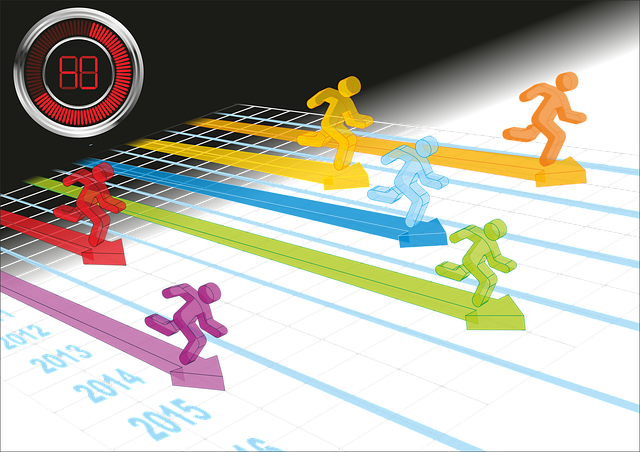Teen Challenge programs, marketed as intense spiritual retreats for at-risk youth, face a surge of class-action lawsuits due to allegations of emotional and physical abuse, false advertising, and breach of contract. The hierarchical structure and secrecy culture are cited as contributing factors. Legal navigation involves filing a complaint, discovery, and potential outcomes ranging from damages to dismissal. Involved parties should consult legal professionals for guidance throughout the process, emphasizing the need for transparency and accountability in Teen Challenge practices.
“Uncovering the Complexities of Teen Challenge Lawsuits: A Comprehensive Guide
Class-action lawsuits against Teen Challenge programs have gained significant attention, shedding light on alleged misconduct within these youth organizations. This article delves into the intricate world of Teen Challenge, exploring their program structure and how it may contribute to legal disputes. We examine common allegations, from abuse to misappropriation of funds, sparking litigation. Additionally, we navigate the legal process, offering insights into potential outcomes for all involved parties, while emphasizing the importance of understanding these complex cases.”
- Understanding Teen Challenge Programs and Their Structure
- Common Allegations and Issues Leading to Lawsuits
- Navigating Legal Process and Potential Outcomes for Involved Parties
Understanding Teen Challenge Programs and Their Structure

Teen Challenge programs, often characterized as intense spiritual retreats or life-changing experiences, have gained attention in recent years due to a surge in class-action lawsuits. These programs, typically marketed to at-risk youth, promise transformative outcomes through religious instruction and physical challenges. Participants are usually enrolled by their parents or guardians, believing it will correct behavioral issues or introduce them to a new sense of purpose.
The structure of these programs varies but often involves secluded settings, strict discipline, and a blend of spiritual guidance, manual labor, and personal development workshops. While some graduates speak positively about the experience, others have come forward with allegations of abuse, neglect, and exploitation. Teen Challenge lawsuits argue that the organization’s hierarchical model, which relies on a chain of command, fosters an environment prone to mistreatment, especially when power dynamics between staff and participants are considered.
Common Allegations and Issues Leading to Lawsuits

Many class-action lawsuits against Teen Challenge programs stem from allegations of emotional and physical abuse, false advertising, and breach of contract. Participants and their families often claim that the organization misrepresents the program’s benefits and fails to provide the promised transformative experiences. Instead, they report instances of harsh discipline, excessive punishment, and neglect, leading to significant mental and physical harm.
These lawsuits also address issues related to safety protocols, consent, and the overall well-being of participants. Critics argue that Teen Challenge programs can create a culture of secrecy and isolation, hindering participants from seeking help or reporting abusive behavior. Such allegations have prompted closer scrutiny of these Christian-based rehabilitation centers, pushing for greater transparency and accountability in their practices.
Navigating Legal Process and Potential Outcomes for Involved Parties

Navigating the legal process in a class-action lawsuit against Teen Challenge programs can be complex for involved parties. The first step typically involves filing a complaint, which outlines the allegations and seeks relief on behalf of the plaintiffs. This is followed by a period of discovery, where both sides exchange information, documents, and witness statements to build their cases. During this phase, it’s crucial for individuals considering participation to understand their rights and potential liabilities. Legal teams will analyze the specific circumstances of each case, gathering evidence to support their argument that the Teen Challenge program engaged in wrongdoing.
Potential outcomes for involved parties vary widely depending on the strength of the evidence and legal precedents. If a court rules in favor of the plaintiffs, it could result in monetary damages, injunctions against the organization to prevent future harm, or both. Alternatively, if the lawsuit is dismissed, defendants may be exonerated and the program can continue operating without legal repercussions. Regardless of the outcome, those involved should seek guidance from legal professionals experienced in handling Teen Challenge lawsuits to protect their interests and ensure a fair process.
Class-action lawsuits against Teen Challenge programs have brought attention to alleged abuse and misuse within these organizations. By understanding the structure and common issues, individuals can better navigate the legal process if they choose to take action. A Teen Challenge lawsuit may offer a means of accountability and potential compensation for victims, ensuring that their voices are heard and their rights protected.
